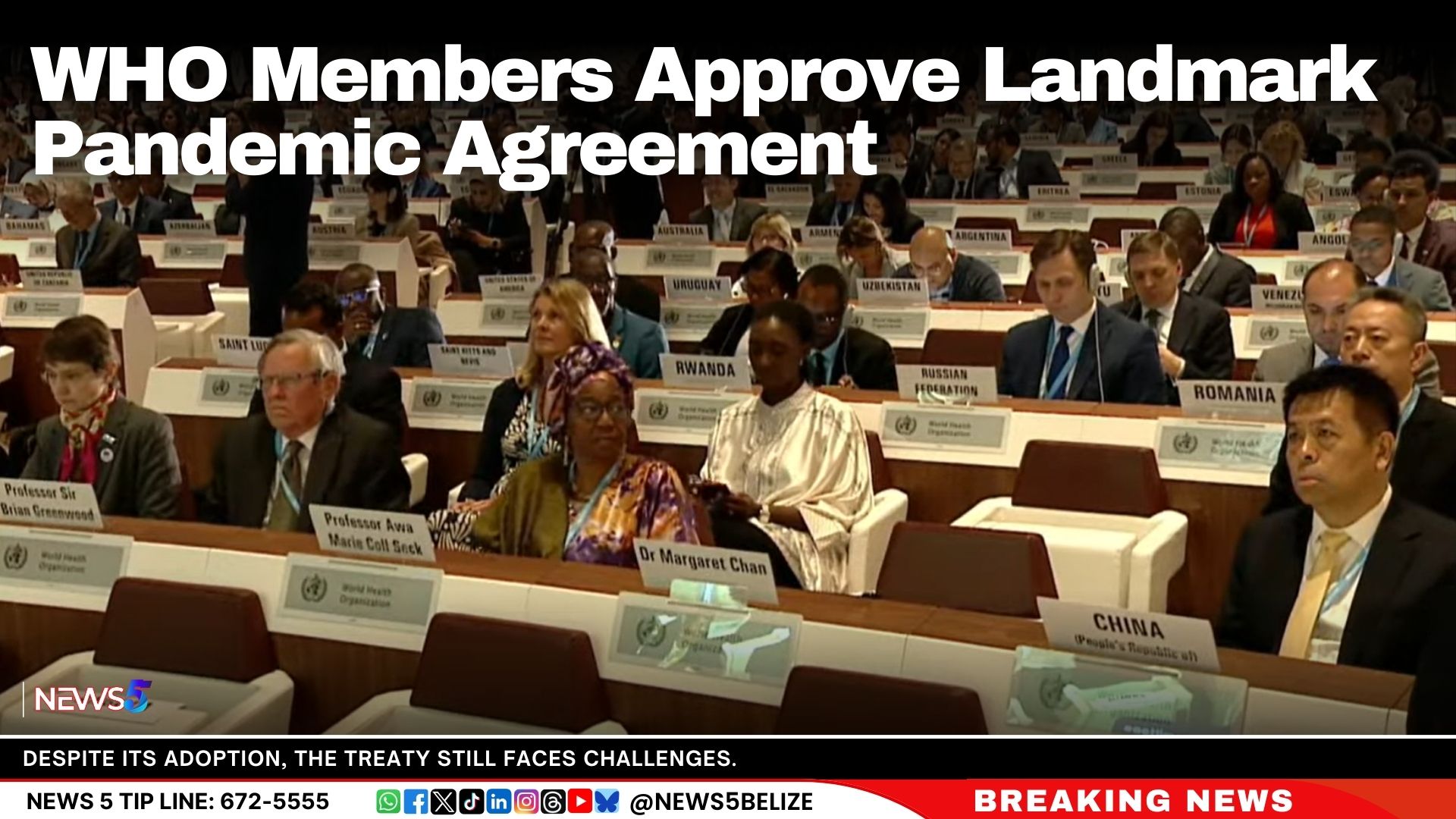World Health Organization (WHO) member countries have approved a new global agreement aimed at improving how the world prepares for and responds to future pandemics. The agreement, three years in the making, was adopted without opposition during the WHO’s annual assembly in Geneva, drawing applause from delegates. The deal is seen as a major step toward strengthening international cooperation and public health systems in the wake of the COVID-19 pandemic.
World leaders welcomed the agreement, with Indian Prime Minister Narendra Modi calling it “a shared commitment to fight future pandemics with greater cooperation while building a healthy planet.”
However, the United States, traditionally WHO’s top donor, did not participate in the final negotiations or send a delegation to the assembly. U.S. officials have criticised the WHO for its handling of the COVID-19 pandemic and raised concerns over political influence, particularly from China. U.S. Health Secretary Robert F. Kennedy Jr. called the WHO “bloated” and “inefficient,” urging countries to consider alternative institutions that are more transparent and accountable.
Meanwhile, China pledged up to $500 million in additional support to the WHO over the next five years. Chinese Vice Premier Liu Guozhong stressed the need to support WHO’s leadership in global health efforts. In another major move, WHO member states agreed to increase their mandatory contributions by 20% to ensure more reliable funding, as the organisation has historically relied on voluntary, often inconsistent, donations.
Despite its adoption, the treaty still faces challenges. Countries aim to finalise an annex to the agreement by next year that would guarantee equitable access to tests, treatments, and vaccines. Known as the Pathogen Access and Benefits Sharing system, it would ensure that up to 20% of pandemic-related products are given to WHO for distribution to developing nations. While the deal marks a significant milestone in global health cooperation, its effectiveness will ultimately depend on how committed countries are to implementing its goals, especially without enforcement measures or full U.S. participation.
